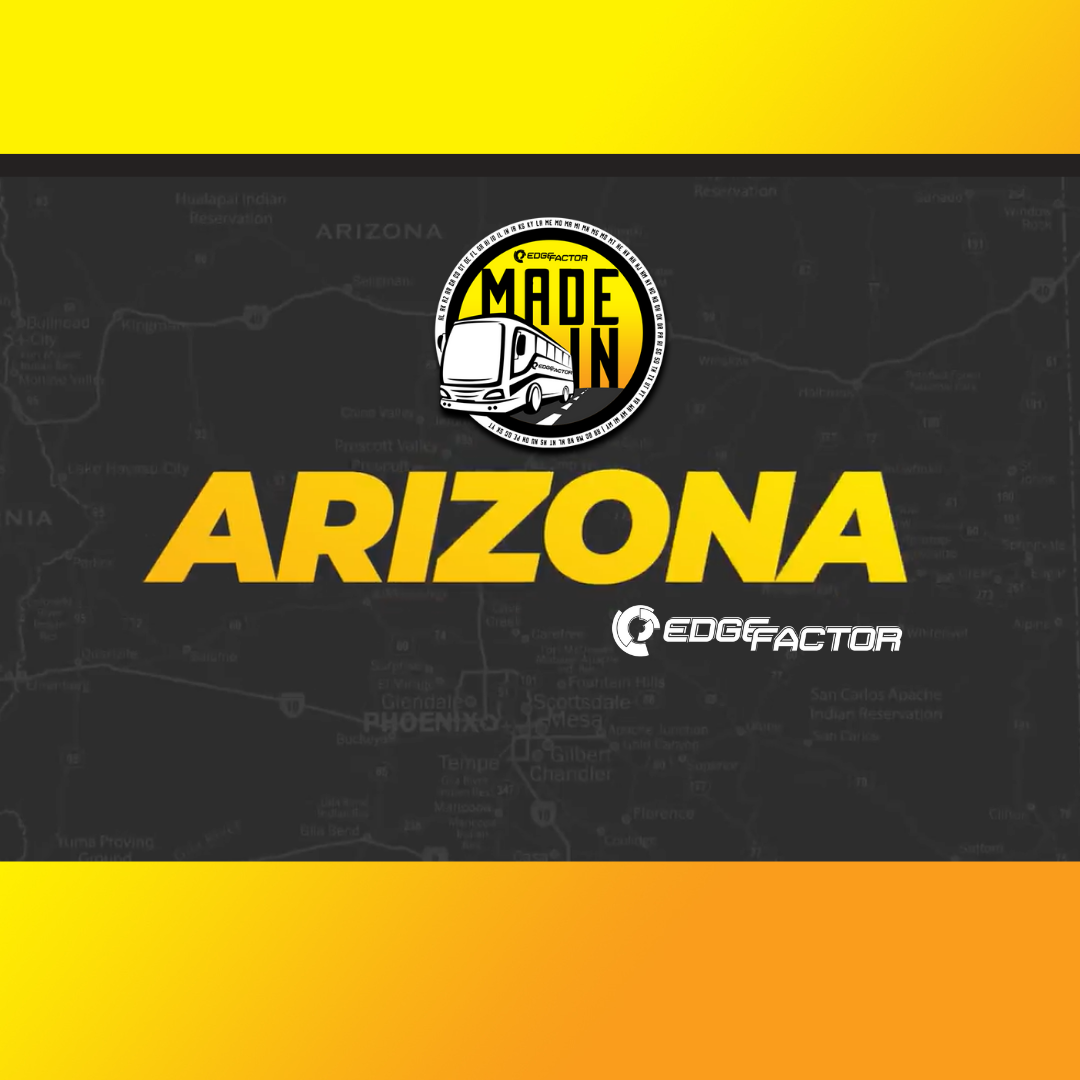
Over five years ago, the learning environment for students across the globe was forced to change. Educators were upskilled on the use of e-learning and video conferencing platforms to move to distance learning. However, the future of learning is a topic that isn’t new to educators as more and more classrooms are using advanced technology to inspire students and increase their experiential learning. Virtual reality is another tool being added to the future of education.
Currently distance learning requires the use of a laptop or other device that can access a platform conducive to watching videos or live presentations by educators. Virtual reality has the potential to change the face of distance learning. Educators can create a virtual classroom where students can be in the same room with other classmates and interact with each other using digital versions of themselves.
What is virtual reality(VR)? Virtual reality is a simulated experience similar to or completely different from the real world. Applications of virtual reality can include entertainment, education and business. Other distinct types of VR-style technology include augmented reality. However, augmented reality includes real life elements mixed with virtual elements. An example of augmented reality is Pokémon Go or Pictionary Air. VR replaces reality and immerses the user in a fictitious environment.
History of Virtual Reality
VR as an idea was first introduced back in the 1930’s. Stanley G. Weinbaum, the science fiction writer of Pygmalion’s Spectacles, introduced the concept of a pair of goggles that allowed the user to experience a fictional world through holographic sights, touch and smell.
In the 1950’s Filmmaker Morton Heilig invented a large booth-like machine called the Sensorama, which combined multiple technologies to give a small group of people the illusion of being in a fully 3D immersive world.
Through the years there have been other VR pioneers who were filmmakers, computer scientists, inventors, computer artists and entrepreneurs who all played a valuable role in the development of virtual reality as we know it today.
Experiential Learning
In the classroom, virtual reality sets the stage to change the future of learning. Students are immersed in an environment where they can learn by doing, by experiencing and interacting with technology. Changing the role of the educator and providing practical knowledge for the students, which will empower them to innovate and explore the world in a whole new way.
Traditionally, education was based on passing on facts from the educator to the student using books as the main medium of instruction. With immersive learning the role of the educator changes from providing knowledge to providing environments for exploration. This could include virtual field trips around the world, career exploration and high tech training in various industries.
The benefits of using virtual reality in the future of learning is in the experience of the student. Students retain information in different ways. Immersive technology will meet the needs of the visual, auditory, tactile or kinesthetic learner. It will boost their creativity, enthusiasm, engagement and practical knowledge.
Our memories are shaped by the emotional responses we experience. Virtual reality will elicit an emotional response from the students helping them to retain the information they’re learning. The learning will be less theoretical and more practical, which will in turn prepare them for real life situations, training and careers.
Virtual Reality in Career Exploration
As more industries use virtual reality for training, recruitment and retention of employees, introducing VR in the classroom will prepare our youth for the future workforce.
Immersive technology is being used in industries such as automotive, healthcare, mining, athletic fields, welding and science. Some employers have even used virtual reality environments to develop and practice soft skills required on the job.
The possibilities for using immersive technology in career exploration are endless. From operating a crane, to practicing welding, conducting chemistry experiments or simulated medical procedures and surgeries. Through experiential learning, students and jobseekers can gain practical knowledge and experience in any of these fields. Students can explore career pathways, experience a day in the life and learn the pros and cons of the job while gaining experience on the job. Not just by watching a video of someone else, but through experiential learning.
Immersive Technology for Educators
With hundreds of companies now implementing immersive technology how can educators utilize the VR applications best suited for experiential learning in their classroom?
Some of the properties that make for a quality VR experience include:
- The App should be easy to use and accessible on devices that are affordable and most students already have access to and can be repurposed into tools for education.
- The immersive technology should be adaptable so students can explore at their own pace. The App should provide control over the level of difficulty to allow for effective learning.
- The App should provide meaningful stories. Advancing the art of storytelling is the best way to deliver a message. Stories inspire and move students to explore and take action.
- The educator should be able to track metrics of education so they can measure the students knowledge of a subject.
Overall, the VR experience should be made more available, accessible and affordable to educators and students since it’s clear that immersive technology is paving the way for the future of learning.
Edge Factor VR
Edge Factor’s LaunchPoint experience gives students and job seekers an immersive look at real-life skilled trades industries, filmed across Ontario!
The LaunchPoint VR experience is designed to be an exciting and fun way to provide an authentic view of careers, typical responsibilities, and work environments within in-demand trades.
When students and jobseekers put on VR goggles, they are transported to an outer space pedestal scene, which serves as the gateway to their career exploration. Here, they choose which career adventure to embark on as they explore in-demand skilled trades industries and careers, including:
- Greenhouse Supervisor at Sunrise Greenhouses
- Baker at The Red Barn Bakery
- Construction Equipment Operator at Liuna
- Commercial Industrial Designer at Vykan Manufacturing
- Millwright at Ontario Power Generation




The LaunchPoint Game
Following their VR exploration of a chosen career, participants remain in the outer space scene to engage in "LaunchPoint: The Game." This interactive follow-up tests their knowledge and attention to details gleaned from the VR experience. Using a disc launcher, participants grab hold of the VR handles and use the triggers to answer questions related to their selected career path, earning points for speed and accuracy. When Edge Factor shares these VR experiences at events, we give out prizes to participants for hitting high scores!
Learn more about Edge Factor
If you are interested in learning more about what an Edge Factor membership can unlock, create your free account or register for an upcoming live webinar.
Get Connected. Stay Connected.
Sign up for the Edge Factor Newsletter and follow us on social media to receive the latest updates on features, events, and initiatives that will help you build the future workforce.
Questions? Feedback? Contact us.
Email: info@edgefactor.com or message us on the Live Chat. We’d love to hear from you.
/Immersive%20Learning_Blog%20Image.jpg)

.png)
.jpg)
.png)
.png)
.jpg)